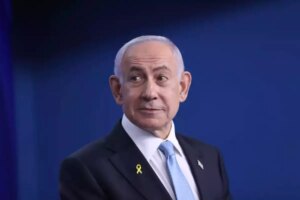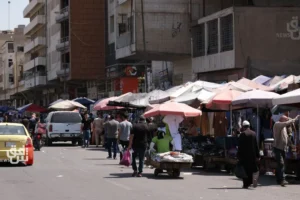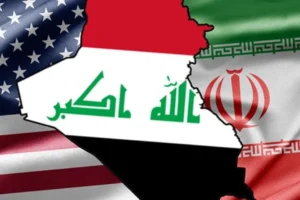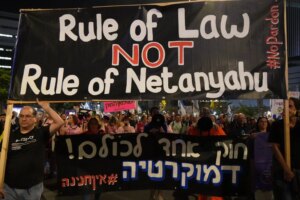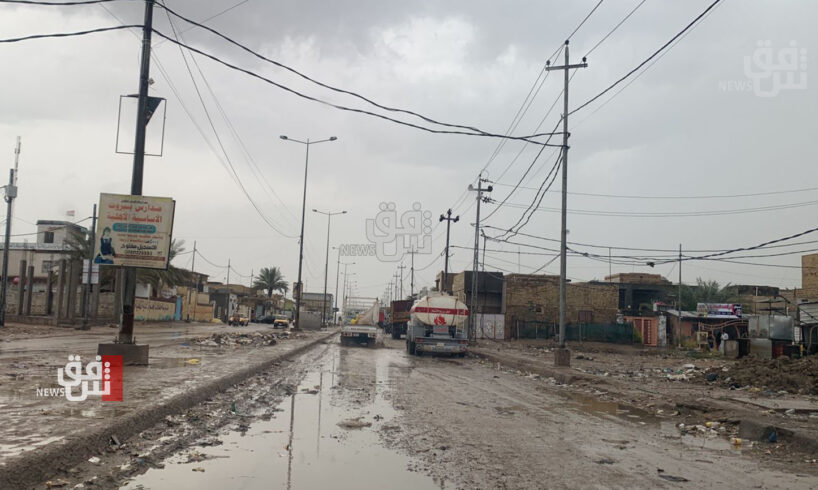
2025-09-06T14:18:42+00:00
font
Enable Reading Mode
A-
A
A+
Shafaq News
Al-Diwaniyah, a central province of
Iraq on the Euphrates River, embodies stark contrasts. Renowned in the past for
its fertile farmland and abundant harvests, it now struggles with deep poverty,
stalled infrastructure, and chronic mismanagement. Despite a history stretching
back thousands of years, the province today finds itself unable to meet the
most basic needs of its 1.5 million residents.
Over the past decade, environmental
pressures such as desertification and the decline of the Hafaar River have
forced many farmers from their land, swelling the provincial capital to more
than half a million people. Administratively, Al-Diwaniyah consists of 13
districts — including Afak, Ghammas, Shamiyah, and Sdeer — but observers
frequently describe it as “disaster-stricken” due to unfulfilled promises and
poor governance.
Ancient Heritage Overlooked
Al-Diwaniyah’s cultural footprint is
significant. The Afak district was once home to Nippur, the spiritual center of
the Sumerians, while Marad in al-Saniyah stands among the earliest urban
settlements. The Dalmaj marshes, though shrinking, remain ecologically
important, reflecting the enduring bond between settlement and water in
Mesopotamia.
Tribal traditions, expressed in
music, poetry, and crafts, remain strong, yet tourism has failed to flourish.
Only around 5,000 visitors came to Al-Diwaniyah in 2023, a fraction of the more
than 100,000 who visited nearby Babil, home to Babylon’s ruins. Without
investment in infrastructure and promotion, the province’s heritage risks
remaining hidden.
Agriculture As The Backbone
Despite being Iraq’s third-poorest
province, with nearly 29 percent of its people below the poverty line,
agriculture still supports nearly 60 percent of residents. The province is a
major producer of amber rice, dates, wheat, barley, and vegetables, with some
exports reaching Saudi Arabia, Iran, and Jordan.
Between 2008 and 2020, more than 105
billion Iraqi dinars ($72.4 million) in agricultural loans were allocated, much
of it to improve irrigation and mechanization. Yet persistent drought,
declining river levels, and falling yields have forced many farmers to abandon
their land, triggering urban migration.
Stalled Projects And Daily Hardships
Infrastructure has suffered from
years of neglect. The main sewage network has been unfinished since 2011, while
rehabilitation of 42 neighborhoods under a Spanish contractor has yet to be
completed. Political appointments and corruption in awarding contracts have
further slowed progress.
“Despite hundreds of billions of
dinars allocated in late 2019, no tangible improvements were seen,” an official
told Shafaq News, citing divisions and mismanagement. Activists argue that only
stronger oversight from Baghdad and transparent contracting can unlock
progress.
Basic services illustrate the
strain. The province has only five public hospitals and three private ones,
leaving most districts without proper healthcare. The main teaching hospital in
the capital remains overstretched. Schools are overcrowded, especially in rural
areas, while recreational spaces are nearly nonexistent. A once-popular
amusement park known as the “City of Happiness” has become a waste dump.
A Cautious Path Forward
Despite these challenges,
Al-Diwaniyah retains clear potential. Its archaeological sites, marshlands,
palm groves, and farmland could position it as both a cultural and agricultural
hub. A new five-year national poverty reduction strategy promises investment in
healthcare, education, infrastructure, and farming.
Abdel-Zahra al-Hindawi, spokesman
for the Ministry of Planning, told Shafaq News that Al-Diwaniyah still faces
major obstacles in implementing projects but remains central to the
government’s development goals.
For residents, years of
disappointment fuel skepticism, but the province’s deep historical roots and
natural wealth continue to offer hope that, with the right policies,
Al-Diwaniyah can move beyond neglect toward sustainable growth.
Written and edited by Shafaq News
staff.
